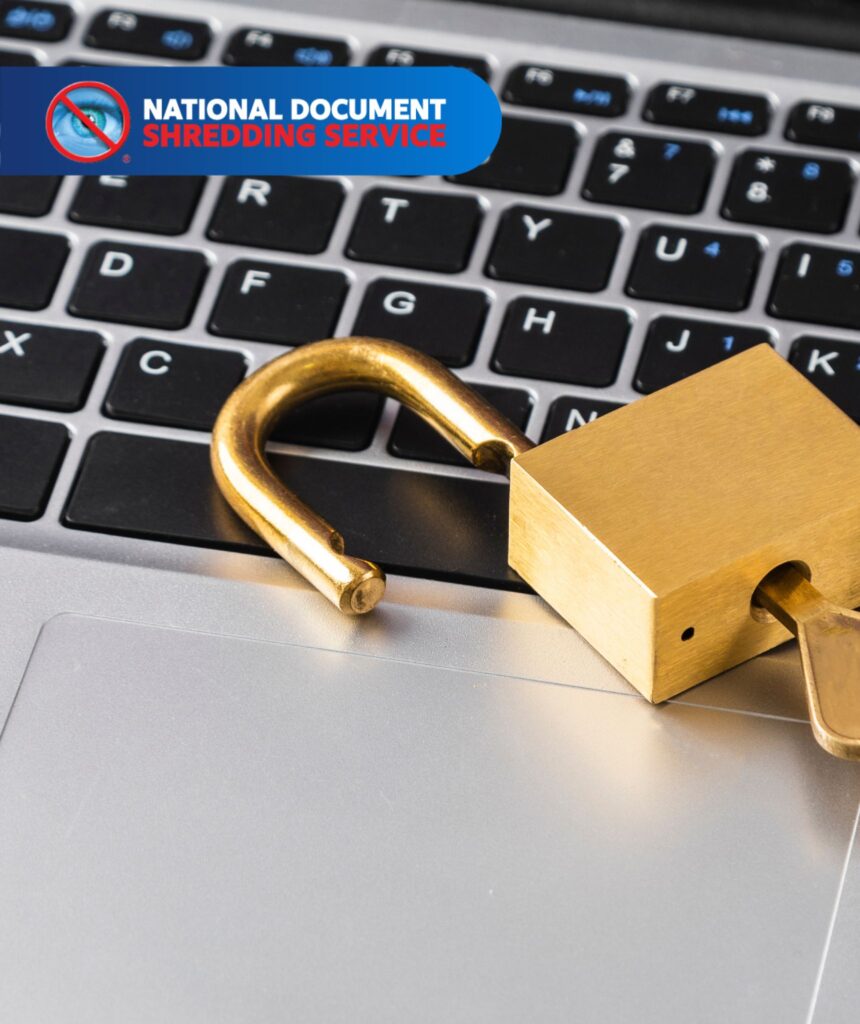How Shredding Protects your privacy: The ultimate Guide to Secure Document Destruction
Why Protecting Your Privacy Matters
Protecting personal and business information is more important than ever. Identity theft, financial fraud, and data breaches can occur sensitive documents fall into de wrong hands. One of the most effective ways to safeguard your privacy is through professional shredding services.
The risk of improper document disposal
Many people underestimate the risk of simply throwing away documents in the trash or recycling bin. Here’s what can happen if your confidential information isn’t destroyed properly.
Identity Theft – Criminals can retrieve personal information like bank statements, medical records, or tax returns from discarded documents.
Data Breaches – Businesses that fail to dispose of sensitive customer data properly can face legal and financial consequences.
Corporate Espionage – Competitors may attempt to access confidential business strategies or employee records.
Regulatory Fines – Many industries, including healthcare and finance, have strict privacy laws requiring secure data disposal.
How Shredding Protects Your Privacy
Shredding is a simple yet powerful solution to prevent unauthorized access to your information. Here’s how it helps:
Complete Destruction of Sensitive Information Shredding ensures that private documents are destroyed beyond recognition, making it impossible for criminals to reconstruct and misuse them.
Compliance with Privacy Laws Many industries must follow legal requirements such as the Privacy Act 1988 (Australia), GDPR, or HIPAA. Shredding helps businesses meet these legal obligations and avoid penalties.
Protection Against Dumpster Diving Criminals often search through trash for personal details. Shredding prevents this risk by ensuring your information is unreadable.
Environmental Benefits Many shredding services recycle the destroyed paper, helping businesses and individuals reduce their environmental footprint.
What Types of Documents Should You Shred?
To keep your privacy secure, regularly shred these types of documents:
Bank and credit card statements
Medical records and insurance documents
Tax documents and financial reports
Business contracts and employee records
Utility bills and personal correspondence
Choosing the Right Shredding Service
On-Site vs. Off-Site Shredding: On-site shredding allows you to witness the destruction process, while off-site shredding is done at a secure facility.
Certifications: Look for providers that follow industry standards such as NAID AAA Certification.
One-Time vs. Scheduled Shredding: Businesses may need regular shredding to stay compliant, while individuals may only need occasional service.
Eco-Friendly Disposal: Ensure the provider recycles shredded material to support sustainability efforts.
Shredding is an essential step in protecting your privacy and securing confidential information. Whether you’re an individual safeguarding personal data or a business maintaining compliance, investing in professional shredding services can save you from potential security risks.
Take Action Today! Secure your information by choosing a reliable shredding service and make privacy protection a priority.



